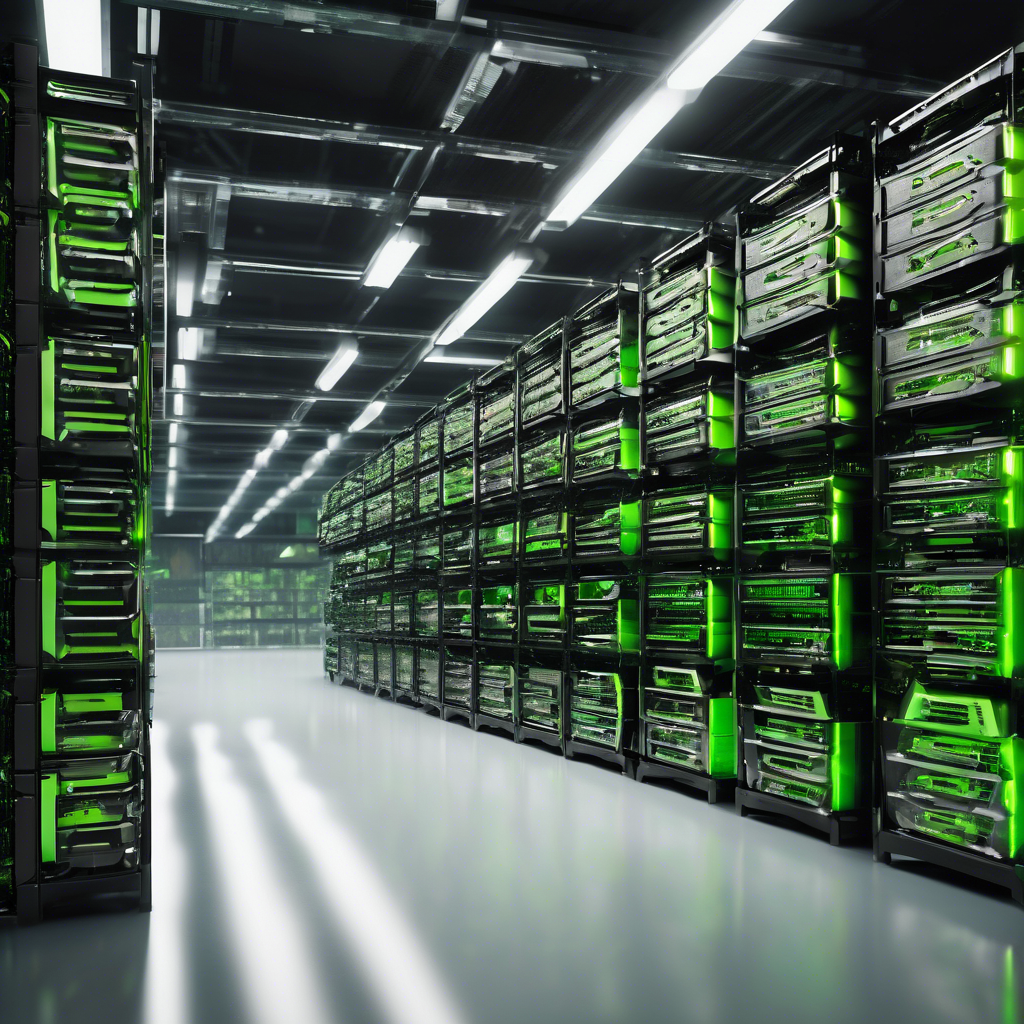US Rescinds AI Diffusion Rule to Boost Technology Partnerships with Middle East

David Sacks, the White House official overseeing AI and cryptocurrency policies, announced a major policy shift regarding the regulation of U. S. artificial intelligence technologies. The administration has decided to rescind the "diffusion rule, " originally imposed during the Biden administration. This rule had strictly limited the global distribution of American AI technologies to prevent adversarial nations from acquiring tools that could threaten U. S. interests or global security. By controlling the dissemination of AI beyond U. S. borders, the diffusion rule restricted American companies and institutions from sharing or exporting AI software and technologies to certain hostile countries, aiming to reduce risks related to cyber-attacks, espionage, or military use against the U. S. or its allies. The recent decision to revoke this policy marks a significant change in U. S. AI governance internationally. David Sacks explained that the move is intended to strengthen strategic partnerships and enhance cooperation in AI development and deployment, particularly with Middle Eastern nations. The Middle East has become an important hub for AI investment, driven by its wealth and goals to lead in advanced technology sectors.
Lifting restrictions like the diffusion rule aims to deepen engagement with Middle Eastern partners by facilitating smoother technology transfer and joint AI research ventures. This is expected to promote investment, knowledge exchange, and collaborative AI solutions offering commercial and strategic advantages. This policy change demonstrates a nuanced balance between national security concerns and maintaining global competitiveness and leadership in artificial intelligence. While the Biden-era diffusion rule was established out of caution to prevent AI capabilities from escalating geopolitical tensions or aiding adversaries, evolving geopolitical and economic factors have prompted its reassessment. Sacks emphasized that revoking the diffusion rule does not weaken the U. S. commitment to protecting sensitive technologies but instead recalibrates policy to enable constructive international partnerships while continuing to manage security risks. The implications are complex: Middle Eastern countries may benefit from improved access to advanced American AI technologies, accelerating economic diversification, enhancing public services, and strengthening military and intelligence capacities. Conversely, this intensifying cooperation could cause apprehension among other global powers concerned about shifts in technology alliances and regional power balances. Experts suggest that moving beyond the diffusion rule will require new frameworks and safeguards—such as refined export controls, collaborative cybersecurity measures, and transparent diplomatic engagements—to protect against misuse and ensure responsible AI collaboration. In summary, David Sacks’s announcement signals a new phase in U. S. AI policy, transitioning from restrictive controls to a strategy fostering closer technological collaboration with key international allies, especially in the Middle East. This shift acknowledges AI’s evolving role as a transformative global technology and the need to balance security with innovation and partnership amid complex geopolitical dynamics. As AI continues to advance rapidly, such policy decisions will critically influence the global AI landscape, affecting economic growth, security, and international relations in the years ahead.
Brief news summary
David Sacks, a White House official overseeing AI and cryptocurrency policies, announced the repeal of the Biden-era "diffusion rule," which limited sharing American AI technologies with certain countries to prevent misuse by adversaries. Originally aimed at reducing risks like cyber-attacks and espionage, this rule's removal reflects a strategic shift toward closer cooperation, particularly with Middle Eastern nations investing heavily in AI innovation. The U.S. seeks to enhance collaboration, foster joint AI development, attract investments, and maintain global AI leadership by lifting these restrictions. The updated policy aims to balance national security with economic and geopolitical objectives while protecting sensitive technologies. Experts stress the need for robust safeguards and oversight to prevent misuse. This change marks a pivotal moment in U.S. AI governance, emphasizing increased international collaboration alongside ongoing security priorities shaping AI's future worldwide.
AI-powered Lead Generation in Social Media
and Search Engines
Let AI take control and automatically generate leads for you!

I'm your Content Manager, ready to handle your first test assignment
Learn how AI can help your business.
Let’s talk!

AI Ethics: Balancing Innovation with Responsibili…
As artificial intelligence (AI) increasingly infiltrates many aspects of daily life and various industries, discussions about its ethical implications have become more prominent.

Brave adds Cardano blockchain support to browser …
Update (May 13, 1:00 pm UTC): This article now includes third-party commentary from Robert Roose.

US Weighs Letting UAE Buy Over a Million Advanced…
The Trump administration is considering a major deal allowing the United Arab Emirates (UAE) to import over one million advanced AI chips made by Nvidia, permitting about 500,000 high-end chips annually through 2027.

Re-legislating emoluments
Recent developments in the cryptocurrency sector have heightened focus on regulatory efforts and controversies involving influential political figures and major corporations.

AI mining boost
Australian startup Earth AI is advancing mineral exploration through artificial intelligence, leading to the discovery of a significant indium deposit about 310 miles northwest of Sydney.

0xmd Partners with SENAI CIMATEC to Kickstart Blo…
HONG KONG SAR – Media OutReach Newswire – 12 May 2025 – 0xmd, a global startup specializing in Generative Artificial Intelligence for healthcare, has formed a strategic partnership with SENAI CIMATEC, one of Brazil’s foremost technology and innovation institutions.

Exclusive: Startup makes AI-driven minerals find …
Earth AI, an innovative startup specializing in AI-driven geological exploration, has recently uncovered a significant indium deposit in Australia, about 310 miles northwest of Sydney.

 Auto-Filling SEO Website as a Gift
Auto-Filling SEO Website as a Gift








 Auto-Filling SEO Website as a Gift
Auto-Filling SEO Website as a Gift

